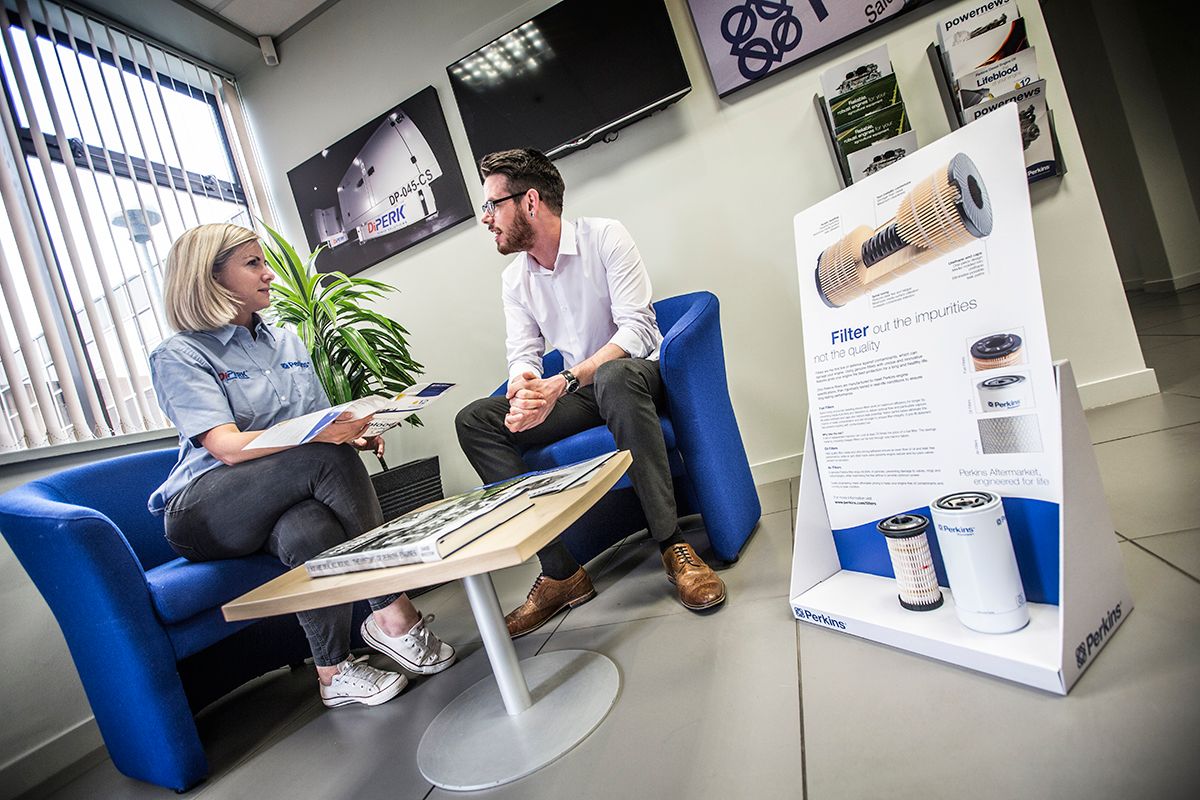All Perkins engines are designed to burn as cleanly and efficiently as possible, with the minimum of ash or soot emitted. However, it’s inevitable that there will be a degree of particulates. That’s why we use Diesel Particulate Filters (DPF) on our higher emissions tier engines. DPFs trap soot, ash and other particulates to reduce particulate matter in exhaust gases.
It plays a key role in keeping your engine clean and legally compliant. As more countries around the world adopt tougher exhaust emissions standards, such as U.S. EPA Tier 4 Final, EU Stage V, China Non-road Stage IV, Japan 2014, and Korea Stage V, the importance of particulate filters will only grow.
Unlike fuel and oil filters which filter liquids as they enter or move around the engine, DPFs deal with waste gases leaving the engine. As a DPF removes ash and soot from those gases, these can build up within the filter, reducing the filter’s efficiency and the effectiveness of your engine. Many DPFs are fit for life, removing build-up automatically through a regeneration process, meaning they don’t require regular servicing every 500 or 1000 hours like your oil and fuel filter. However, at some point after use for many years, they should be replaced. Those which are fit for life generally only require attention during a full engine overhaul.
Just how often your particulate filter needs to be cleaned will depend on your engine model. Your local distributor can provide you with advice regarding your specific engine, including whether your aftertreatment needs to be replaced. You can find and contact them today via www.perkins.com/distributor.
If you're ready to receive trusted advice from a Perkins expert, speak to our team today.
Connect with usOur digital magazine with the latest news, interviews and analysis.
Read moreYour regional Perkins Distributor can provide local, on-the-ground engine support.
Learn More

